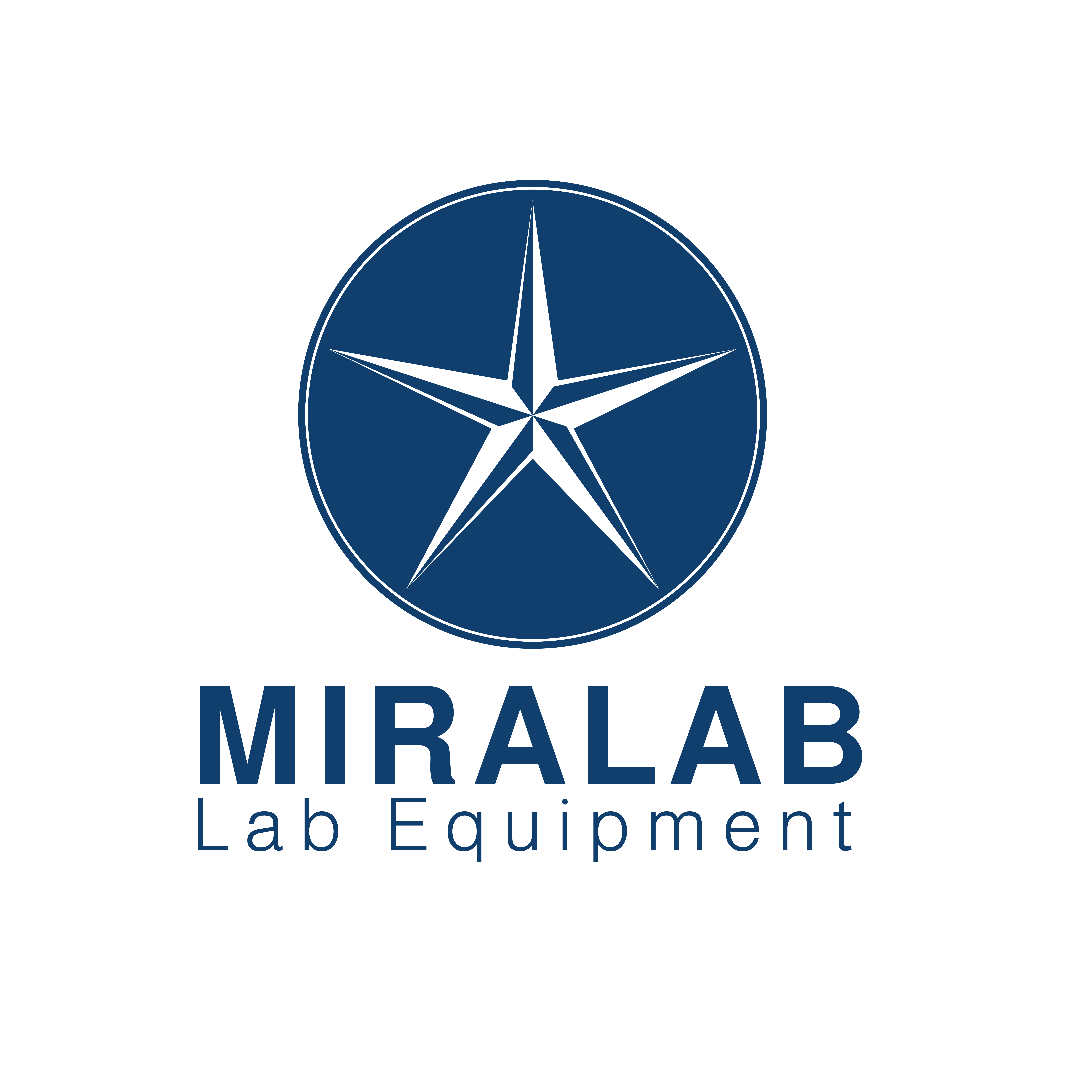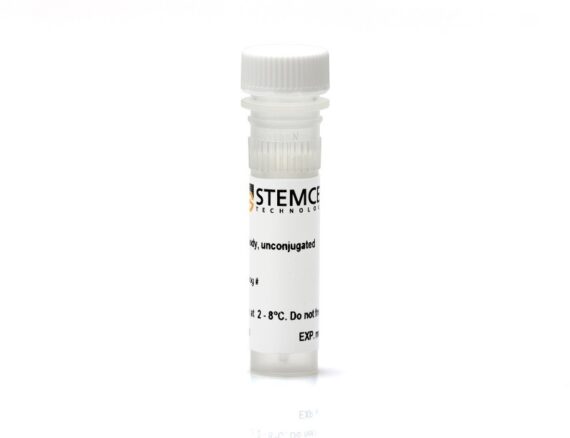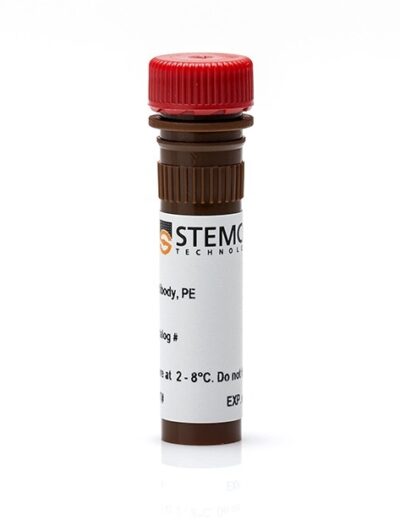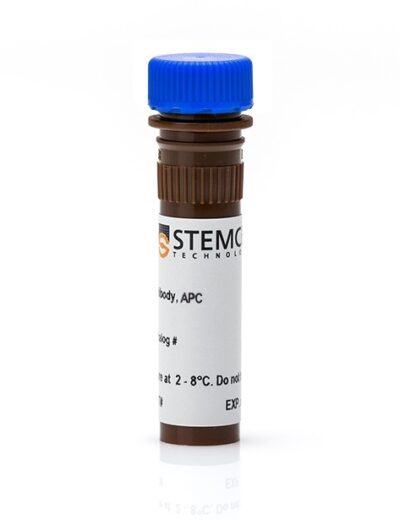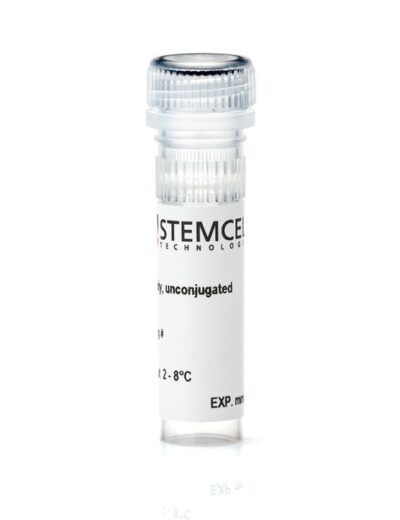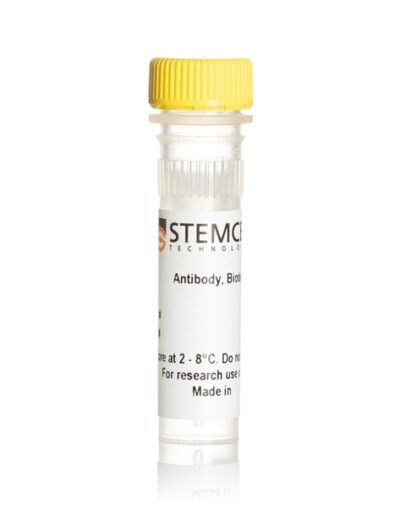Anti-Human CD22 Antibody, Clone HIB22 Mouse monoclonal IgG1 antibody against human, chimpanzee CD22
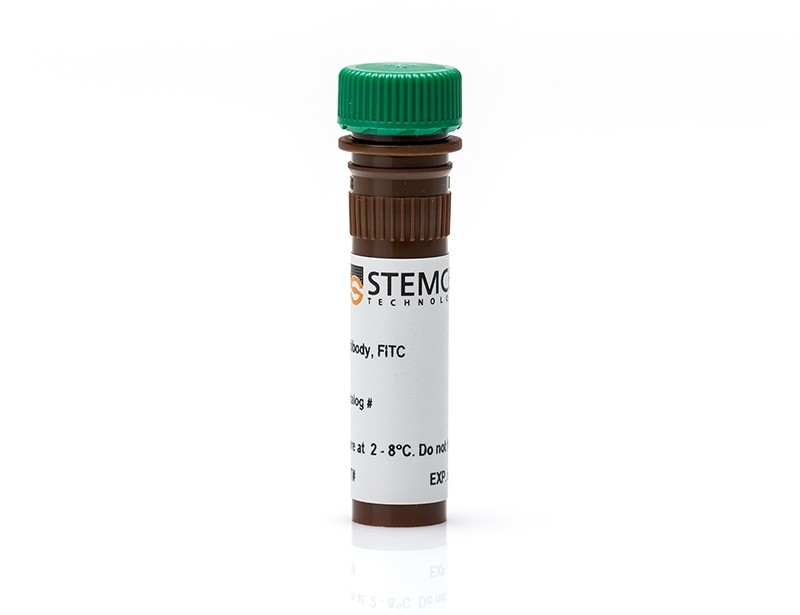
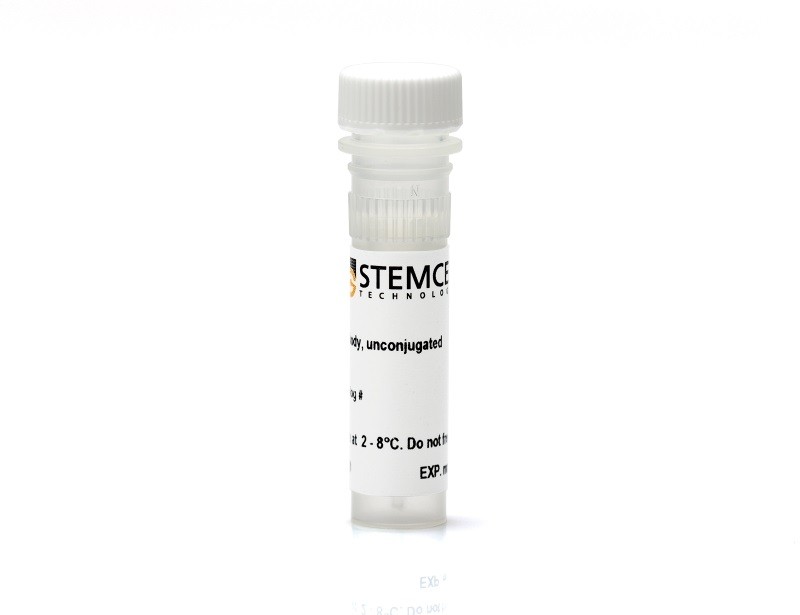
Overview
The HIB22 antibody reacts with CD22 (Siglec-2), a type I transmembrane glycoprotein expressed in the cytoplasm of pro-B and pre-B cells and on the surface of mature and activated B cells and B cell lymphomas, but not on plasma cells. CD22 functions as an inhibitory receptor for B cell receptor signaling and plays roles in modulating the activation threshold of B cells and controlling CD40 signaling. CD22 comprises two isoforms generated by alternative splicing: CD22α (~130 kDa) and CD22β (~140 kDa). Monomeric CD22β is the most abundant isoform but an αβ heterodimer is also expressed. CD22 is a member of the sialoadhesion subgroup within the immunoglobulin superfamily, with an N-terminal V-type Ig domain followed by six C2-type Ig domains. Binding of the HIB22 antibody reportedly requires the presence of the two N-terminal-most domains. Both the cytoplasmic and surface-bound forms of CD22 are recognized by the HIB22 antibody and its binding does not inhibit CD22-mediated cyto-adhesion.
Subtype: Primary Antibodies
Target Antigen: CD22
Alternative Names: B-lymphocyte cell adhesion molecule, BLCAM, Leu-14, Lyb8, Sialic acid-binding Ig-like lectin 2, Siglec-2
Reactive Species: Chimpanzee; Human
Conjugation: APC; FITC; PE; Unconjugated
Host Species: Mouse
Cell Type: B Cells
Application: ELISA; Functional Assay; Flow Cytometry; Immunocytochemistry; Immunofluorescence; Immunohistochemistry; Immunoprecipitation
Area of Interest: Immunology
Clone: HIB22
Gene ID: 933
Isotype: IgG1, kappa
